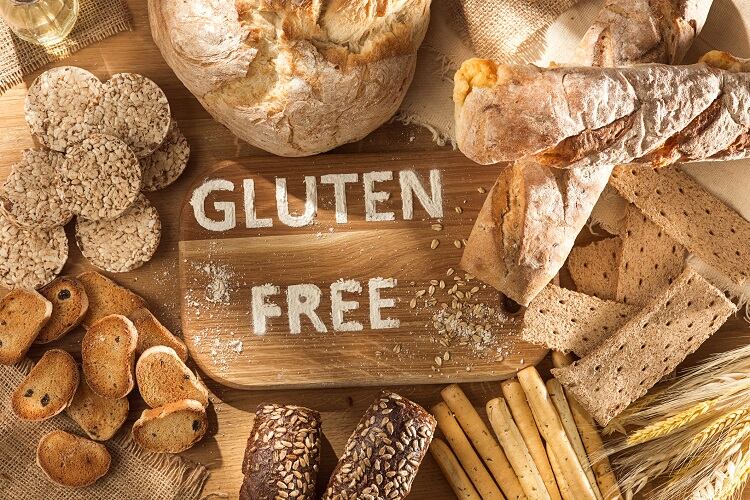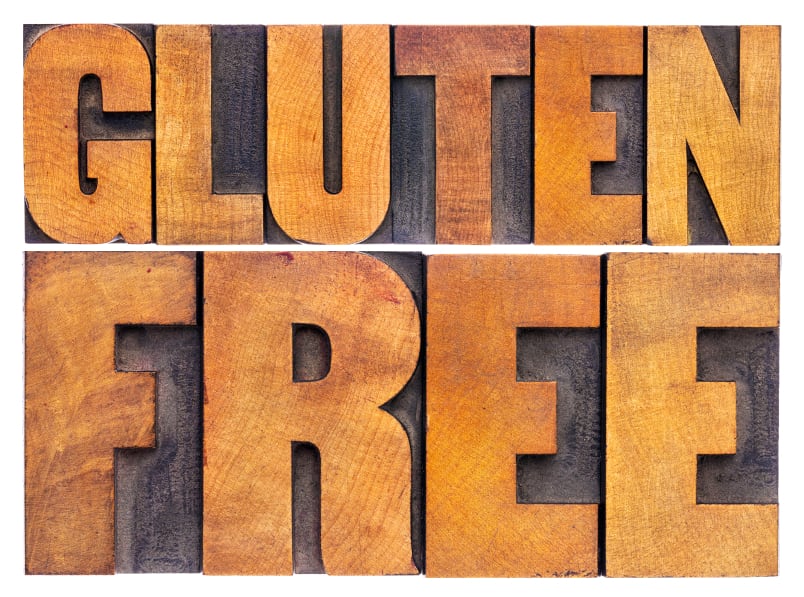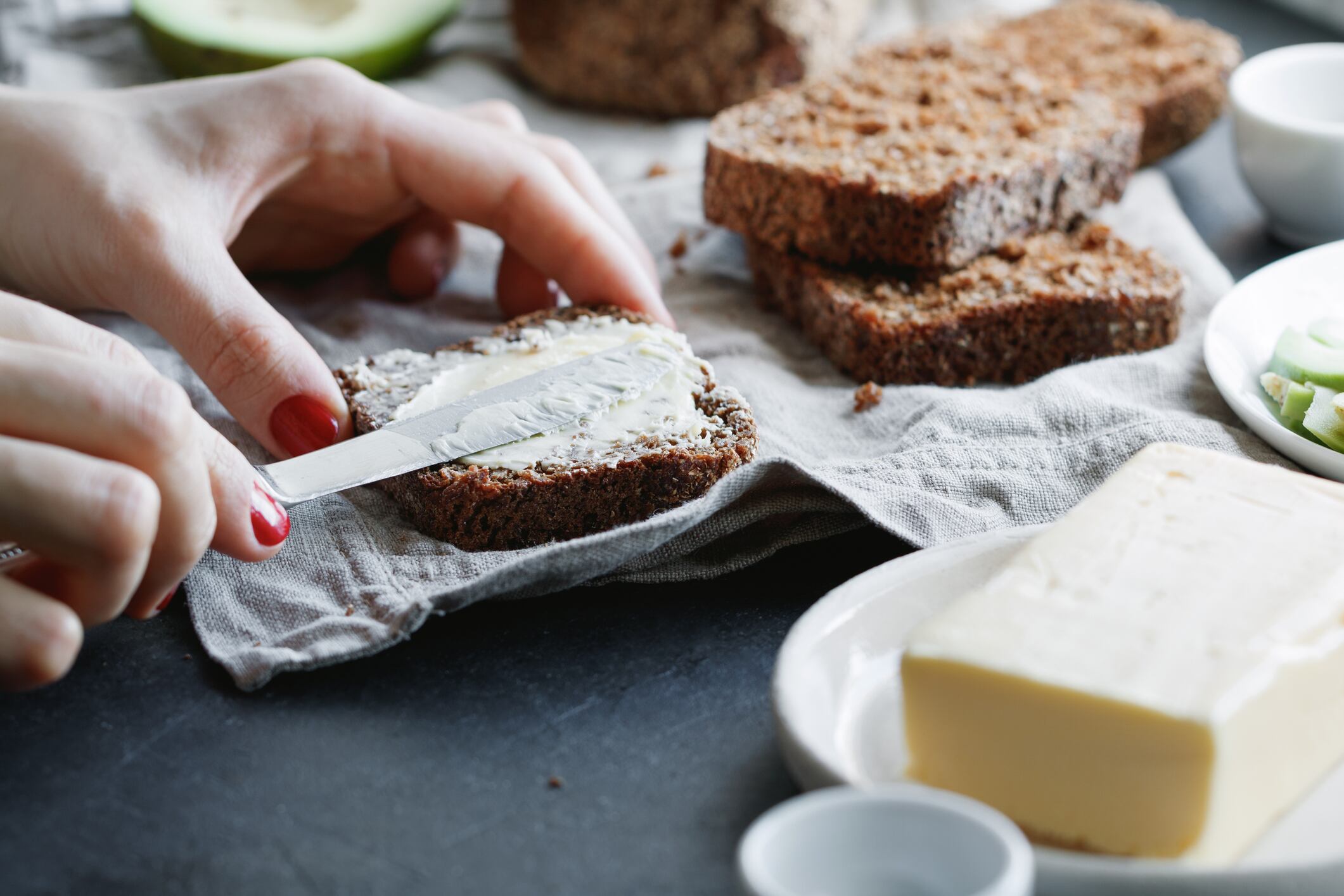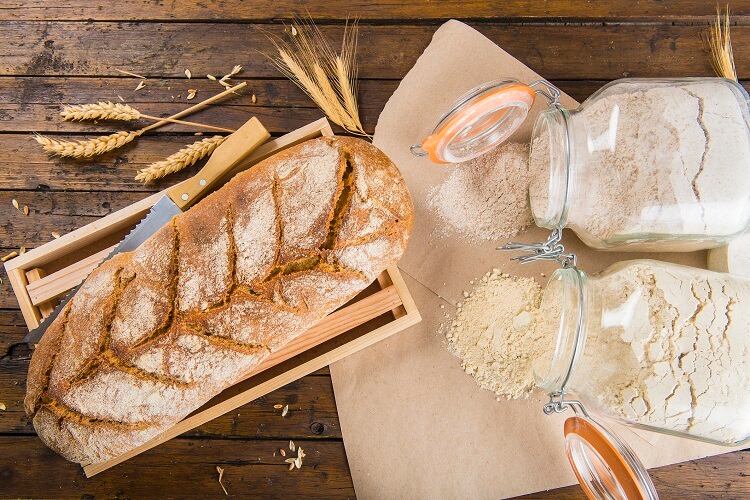The global market for gluten-free food products is growing at 9.1% per year. According to industry estimates, the market is predicted to reach €29.12bn by 2025.
It is understood that such impressive market growth is, in part, linked to the perception that gluten-free products are healthier than their gluten-containing counterparts. Advocacy of gluten-free diets by celebrities and health influencers may also be a contributing factor.
This begs the question: from a nutritional profile standpoint, are gluten-free products ‘healthier’? Fresh research from Irish non-government organisation (NGO) SafeFood suggests a number of misconceptions about gluten-free products exist, particularly related to health.
Surveying products and consumers
The island of Ireland (IOI) boasts a strong gluten-free market. In the UK, the gluten-free market was valued at €438m in 2016 – up 36% from 2015. And in the Republic of Ireland (ROI), the market was estimated to be worth €66m in 2017 – similarly up by 36% year-on-year.
SafeFood’s research focused on products and consumers in both Northern Ireland and the ROI. The NGO surveyed nutritional information displayed on 67 gluten-free snack foods available for sale in four retailers: Dunnes Stores, Tesco, SuperValu, and Aldi.
Gluten-free snack foods included nut products, savoury snacks, cereal and baked products, and confectionery.
SafeFood also commissioned a survey of 2,018 consumers on the IOI between January and March 2019 to gather data on attitudes, behaviours, and perceptions of gluten-free diets.
What is gluten?
Gluten is a mixture of proteins – gliadins and glutelins – that is found in wheat, barley, rye, oats, triticale, kamut, and spelt.
As SafeFood notes in its report, gluten is used for many different technological purposes in the processing of food, such as:
- A viscoelasticity function which makes it a popular ingredient in helping to improve texture in baked goods such as cakes and breads;
- To create the protein content of foods such as vegetable-based meat alternatives; and
- To help bind fat and water in products such as canned meat products, e.g. tinned ham.
The findings
The product survey revealed that 75% of all gluten-free snack products analysed were high in fat, 69% were high in sugar, and their calorie levels were deemed ‘similar’ to that of a standard chocolate bar.
Consumer survey results found that one in five people (23%) buy gluten-free foods. Yet, 92% of those people did not have a gluten-related disorder, nor had been diagnosed with coeliac disease.
A misperception of the health benefits of gluten-free products was also observed, with more than one in five respondents (23%) deeming gluten-free products to be lower in fat than gluten counterparts.
Twenty-one percent thought gluten-free products were lower in sugar, and 19% believed a gluten-free diet to be a ‘healthy way to lose weight’.
Recommendations: BNF weighs in
SafeFood stressed that for people with gluten-related ailments, avoiding gluten is non-negotiable.
“For those people who have a diagnosis of coeliac disease or those with a gluten-related disorder, avoiding gluten in their daily diet is an absolute must,” said SafeFood dietician Joana Da Silva.
Addressing all consumers, the NGO noted a number of recommendations, including not to assume that gluten-free products are healthy by default. SafeFood also urged consumers to read the front and back-of-pack nutrition information on product labels to identify options lower in fat and sugar.
The British Nutrition Foundation (BNF), which similarly acknowledged the rise in the number of people avoiding gluten ‘as part of a healthy lifestyle’, stressed that a gluten-free diet is ‘only vital’ for people with gluten-related disorders, such as coeliac disease.
“However, for people without a medical reason to avoid gluten, there is no consistent evidence that eating a gluten-free diet will provide any health benefit,” BNF assistant nutrition scientist Alex White told FoodNavigator.
“Where unnecessary to do so, cutting out gluten can potentially have adverse effects,” he continued. “Gluten-containing foods like wholegrain products provide many nutrients such as fibre and some vitamins and minerals, which may not be equally abundant in gluten-free foods and products.
“A diet rich in fibre contributes for example to the maintenance of a healthy gut microbiota. In addition, products that are gluten-free can still be high in saturated fat, sugars and salt.”
Both SafeFood and BNF highlighted that above all, a healthy diet is key. “Select snacks that are naturally lower in fat, sugar and salt, and are a better source of fibre, such as fruit and vegetables, rather than heavily processed snack foods,” advised SafeFood.
BNF’s White told this publication that regardless of the dietary pattern chosen, a healthy, varied and balanced diet should be followed, based on wholegrains and fruit and vegetables, some good quality protein such as oily fish, pulses, eggs and lean meat.
The assistant nutrition scientist also recommended limiting intake of sugar and salt, and replacing foods high in saturated fat with some foods rich in unsaturated fat.
Coeliac UK: Replacing a chocolate muffin with a gluten-free chocolate muffin is not ‘healthier’
Coeliac UK stressed the gluten-free is the only medical treatment for coeliac disease – an autoimmune condition which affects one in 100 people in the UK, but only 30% are currently diagnosed.
According to Coeliac UK head of food policy Emily Hampton, people may choose to follow a gluten-free diet without a medical diagnosis for a range of reasons.
“There is some evidence suggesting that some individuals without coeliac disease may benefit from a gluten-free diet,” Hampton told FoodNavigator.
“This is a new area of research and there are no specific diagnostic tests for the condition referred to as non-coeliac gluten sensitivity (NCGS). There is ongoing debate about whether gluten is the real cause of the sensitivity or if a gluten-free diet also removes other components which may be causing symptoms.”
Hampton did suggest that choosing to avoid gluten can result in individuals being more careful about what they are eating, yet stressed that replacing a regular chocolate muffin with a gluten-free chocolate muffin is not ‘healthier’, “as they both contain high levels of fat and sugar”.





